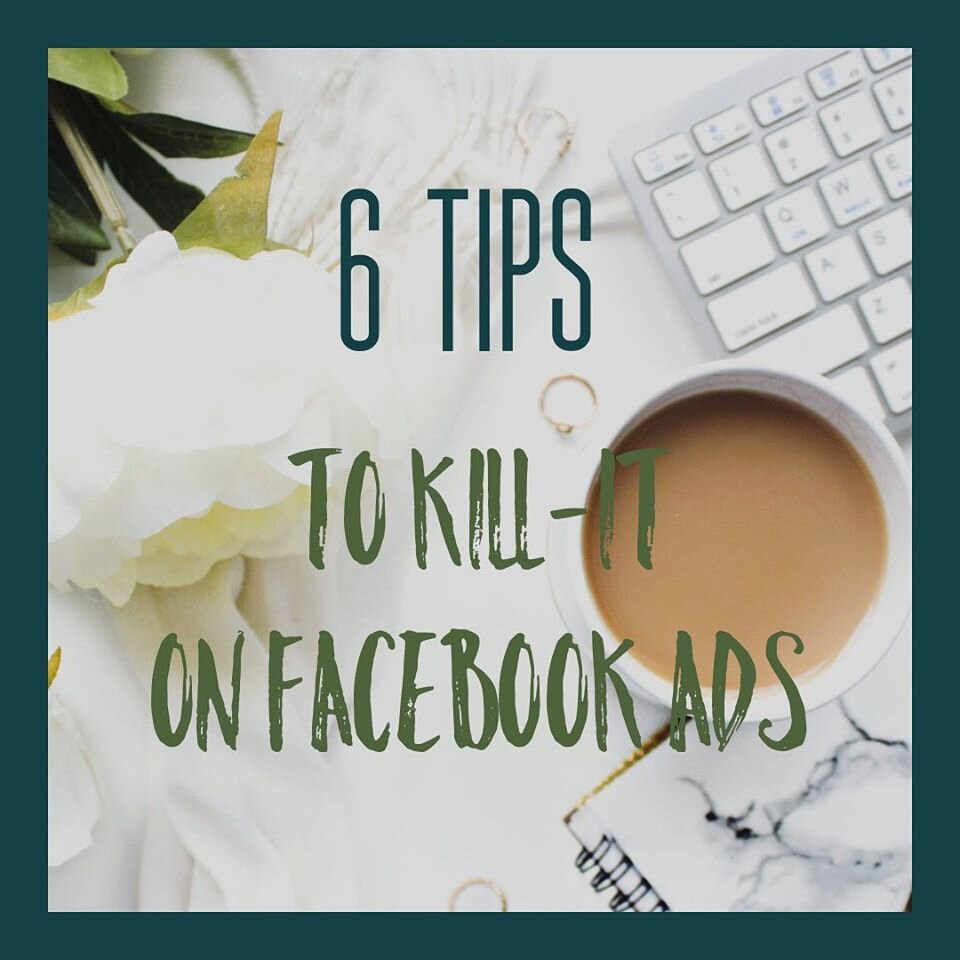“Marketing personas are the foundation for building your marketing house.”
If you don’t know who your core customers are, you won’t know where and how to reach them, nor how to properly take care of them when they do find you. Without personas, you won’t know what message to use, which platforms are best and what truly matters to your clients. Your approach to marketing and servicing your customers will be like throwing paint at a wall rather than an effective, targeted process. This can result in wasted resources, overspending and lost sales, not to mention damage to your company’s reputation from poor word of mouth and reviews.
When you consider the bigger picture, it always makes sense to start from a strong foundation and even if your business is well established, it’s smart to take a step back and clarify your buyer personas regularly to ensure you’re focused and on the right track.
Well crafted buyer personas can tell you a lot about your current customers and who your target audience should be. This step can tell you key details that will inform your marketing plan such as:
- What messaging will appeal to your target market’s needs
- Where to reach your audience to build awareness and drive them to your website
- What to write about in your content marketing efforts
- How to talk to your audience on social media
…And so much more!
Many people think of a buyer persona as a list of key demographics such as age, gender, occupation and marital status, but personas have come a long way – and so have the expectations of your customers. It’s now very commonplace for customers to expect brands to be in alignment with their values, goals and desired buying process. Customers expect you to meet them where they are at and serve them what they need on a platter. Digitization has made this possible, so if you do not make it simple and direct for them, customers will simply move on to the next company that will.
A marketing persona is a “sketch” of a key segment of your audience. These can include one core customer type, or you may have numerous customer segments, depending on how niche your product or service is. One key thing to remember is that you will often have more than one “type” of customer to create a persona for. You’ll have:
-Buyers
-Third-Party Influencers
-Who you DON’T want to attract
Create a profile for each significant customer type that you have, any third party influencers you may work with (such as other professionals who would need to refer your product to their customers) and be clear on the type of customers you definitely don’t want to attract and their persona.
Here are the key considerations to include in your personas:
1. Demographics – Who are they – gender, age, income, geography?
2. Needs – What are their problems? Desires? Goals?
– What inspires them to make a purchase?
– Why are they looking for your product or service?
3. Values – What matters to them? What objections do they have?
4. Logistics – What type of content do they prefer?
– Where will you find them (what channels)?
– What role do they play in the buying process?
– How do they make decisions? What influences them?
– How do they buy? How do they want to be serviced?
If you determine your personas effectively, your content will reach your intended audience and will appeal to their needs and values. Your personas will also help you to ensure there is a seamless path to purchase and that your customer is happy with what they’ve purchased. You will know how to interact with those who may not buy your product, but will influence many in your target audience. And you can work to ensure that you are not attracting customers who will negatively impact your business.
Customer personas are the foundation of your marketing plan because they determine everything you do from start to finish – what content you create, how it’s delivered and how your business functions to best support your target customer. By being laser focused on the type of customer you want, you will avoid costly mistakes and have delighted customers – both essential to growing your business and establishing yourself as a leader in your industry!






